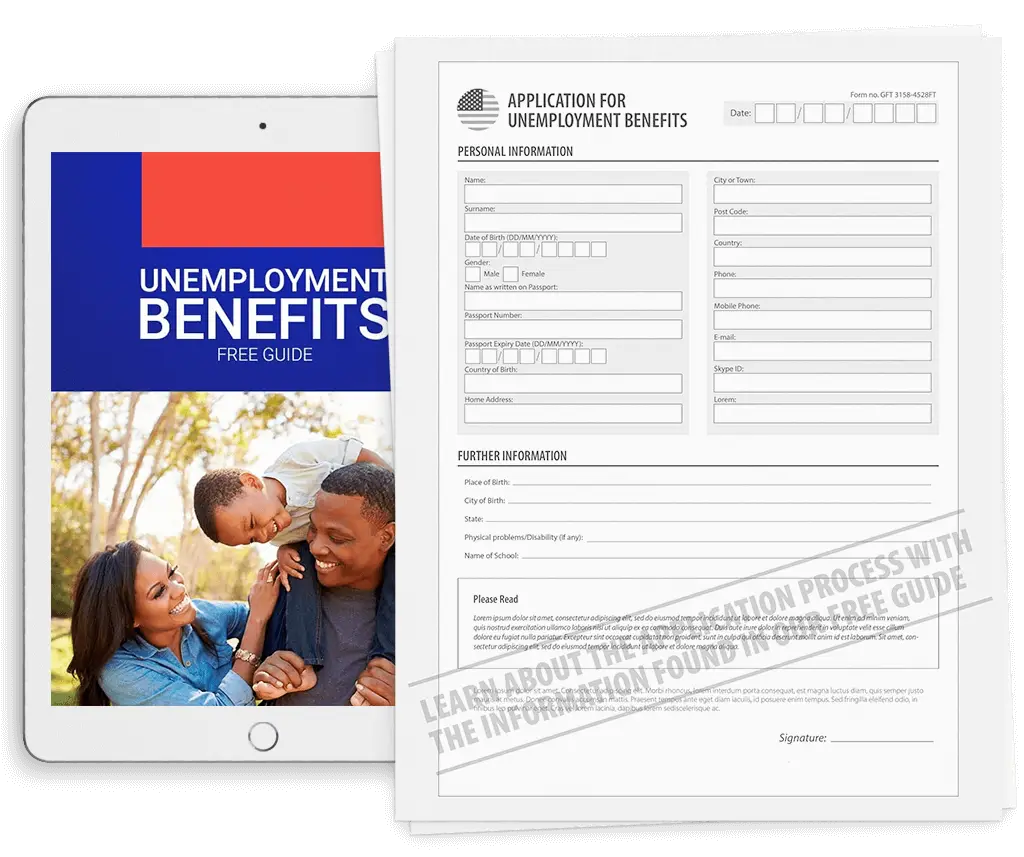What is a wrongful termination? Wrongful termination in New Jersey is when an employer fires an at-will employee when in a protected class or engaging in protected acts for unlawful reasons. Employees wrongfully fired from jobs are under protection by both federal and state laws. Unlawful termination can result in financial and emotional turmoil. Workers wrongfully fired in NJ can seek compensation for damages by filing an unemployment charge.
Employees wrongfully terminated from jobs must follow the process set forth by the Equal Employment Opportunity Commission (EEOC). Claimants must make a wrongful dismissal charge within a certain time and provide adequate evidence of the claim. Find out more information on being wrongfully terminated in New Jersey in the below topics:
- Types Of Illegal Termination in New Jersey
- Types Of Legal Termination in New Jersey
- At-Will Employment Exceptions in New Jersey
- Filing a Discrimination Charge With The Equal Employment Opportunity Commission in New Jersey
- Filing a Lawsuit Against Your Employer in New Jersey
New Jersey Unemployment Resources
Types of Illegal Terminations in New Jersey
There are several types of illegal terminations in New Jersey, which either fall under state or federal employment laws. Both types of illegal termination of employment are grounds for the employee to make a legal case against the employer. Determining which one of the types of illegal firing from employment the employer broke is the reason for the employee’s charge.
Of the types of illegal dismissal of employment as dictated by federal law, there are many different kinds that fall under the umbrella of discrimination. More specifically, it is against the law for an employer to fire a worker because of his or her race, sex, disability, veteran status, age or nationality.
The types of unlawful termination in New Jersey according to state law refer to exceptions to at-will employment laws such as going against public policy or firing a contracted employee. Regardless of what type of unlawful termination from employment a worker experiences, he or she wields the legal right to file a legal complaint.
Types of Legal Termination in New Jersey
Employees should be familiar with the types of legal dismissal of employment available to businesses before pursuing legal action against a former employer. Many types of legal termination of employment pertaining to the employee’s job performance.
Legal reasons for terminating employees in New Jersey include tardiness, frequent absences, unsatisfactory work performance, incompetence and misconduct. Other types of legal firing can include a lack of work such as the closing of the business or layoffs. Employees who experience either of these types of legal termination in New Jersey may be able to collect unemployment benefits.
At-Will Employment Exceptions in New Jersey
What is employment at will? Employment at will means that for any or no reason, employees can quit and employers can fire workers. Is New Jersey an at will state? Apart from at-will employment exceptions in New Jersey, the state permits at-will employment relationships.
There are three exceptions to the at-will employment doctrine in the nation;
- Public policy.
- Implied contract.
- Covenant of good faith.
The public policy exception prevents employers from being able to legally fire an employee for taking care of civic duties, such as attending jury duty. The exception to implied contracts additionally prohibits terminating employees who have a work contract promising job security. It is also illegal in some states to fire an employee unfairly without just cause, which is under the covenant of good faith exception.
Note: The at-will employment exceptions in New Jersey include only public policy and implied contract.
Filing a Discrimination Charge With the Equal Employment Opportunity Commission in New Jersey
Having to file a wrongful termination discrimination charge can make experiencing discrimination in the workplace even more stressful. However, the EEOC can help you in filing a charge of discrimination in New Jersey against employers and businesses that break federal and state employment laws.
When it comes to knowing how to file a charge of employment discrimination, the first step would be to contact the EEOC. The EEOC will look into the details of the incident and determine if the claim is legitimate.
In terms of how to file an EEOC employment discrimination claim, the claimant will have 180 from the date of the incident to submit a detailed account by mail, in person at an EEOC office or online. If the charge is significant, the EEOC will attempt to reconcile the two parties through mediation.
If mediation is not successful, the EEOC will begin an investigation into the case. The claimant will receive a confirmation to open a lawsuit against the employer if there is enough evidence that points to an incident of discrimination.
Filing a Lawsuit Against Your Employer in New Jersey
“Can I file a lawsuit for wrongful termination?” is one of the first things that pass through workers’ minds after getting fired unfairly. However, filing a wrongful termination claim against employers is possible only after completing the employment discrimination charge with the EEOC. To file a lawsuit against your employer in New Jersey, you must first receive a Notice of Right to Sue from the EEOC.
Figuring out how to file a wrongful termination lawsuit can be confusing for some claimants. Former employees who are suing for wrongful termination in New Jersey sometimes hire a lawyer to improve their chances of winning the case.
Legal representation can help file lawsuits against employers for wrongful termination as well as assist in gathering necessary proof. Evidence can include eyewitnesses, written testimonies and other documents.
Last Updated: October 18, 2022
